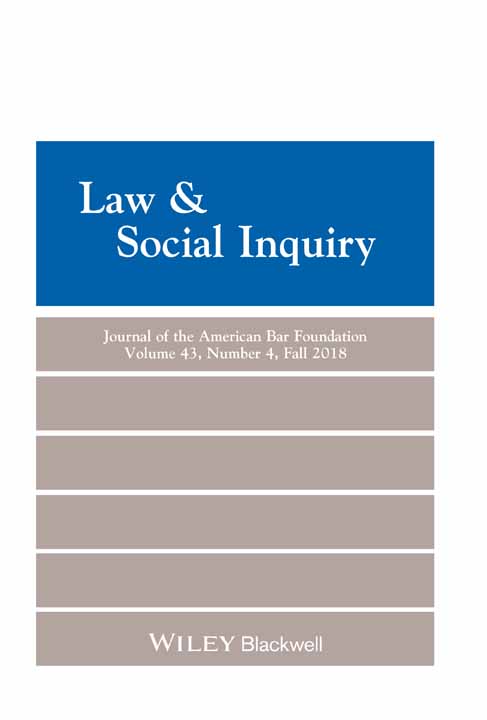Problems of Cross-Cultural Comparison: Analyzing Linguistic Strategies in Tanzanian Domestic Violence Workshops
An earlier draft of this paper was presented at “Violence Between Intimates, Globalization, and the State,” Wellesley College, 30-31 March, 2001. This research was conducted through a National Science Foundation Research Grant, a Fulbright Fellowship in Tanzania, and Wesleyan University. I am grateful to the Tanzanian government, which granted permission for this research and to the Department of Sociology and Anthropology at the University of Dar es Salaam, which sponsored my work. I am especially indebted to members of TAMWA and TGNP, who welcomed me to participate in their activist work. The manuscript was greatly improved by comments from Mindie Lazarus-Black, Sally Merry, and Vicky Saker Woeste.
Abstract
Campaigns against domestic violence and projects designed to reform laws are increasingly part of the development initiatives undertaken in African nations. Such projects are subject to standard criticisms of development (e. g., its tendency to enhance the power of donors over recipients) and to more recent concerns raised by postcolonial feminist scholarship (e. g., its tendency to ignore how women's condition in developing nations emerges from relations between donors and recipients). Mindful of these criticisms, many gender and law reform projects begun in Tanzania in the 1990s were designed to foster egalitarian relations between donors and recipients as well as to change laws and legal practices with respect to domestic violence. In addition, many projects relied on interactive workshops to impart information about law reform while empowering local participants. This essay focuses on two domestic violence workshops held in Tanzania in 1998. Linguistic analysis is used to expose the multiple relations of power in these development initiatives. The article demonstrates that demands on the structure of interaction-that is, everyone must be encouraged to participate-can work against creating egalitarian relations and suggests that some challenges to reforming development lie at the level of linguistic interaction.




